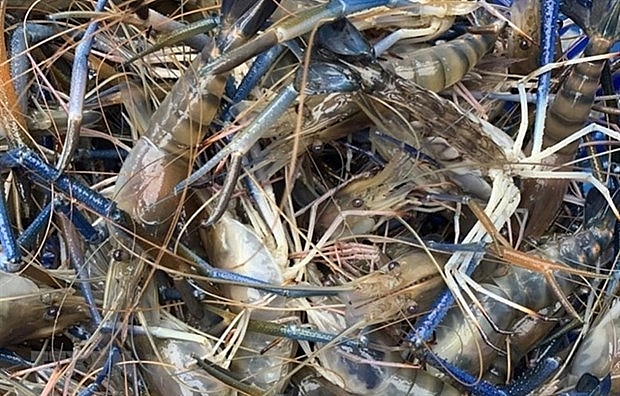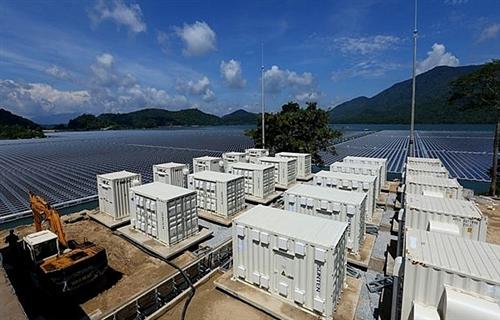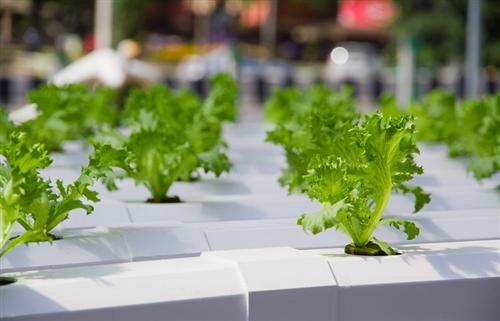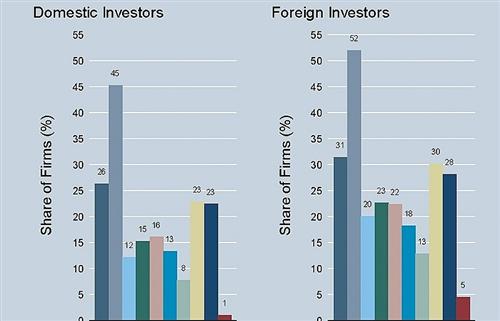Deadly new seafood virus should be prevented: Ministry
Deadly new seafood virus should be prevented: Ministry
The Ministry of Agriculture and Rural Development (MARD) has called for strengthening the management of seafood transportation across the border.

Farmers harvest giant freshwater prawns in Kien Giang province’s U Minh Thuong district (Photo: VNA)
|
Specifically, the ministry asked the National Steering Committee Against Smuggling, Trade Fraud and Counterfeiting Goods (National Steering Committee 389) and some northern provinces to intensify the control of shrimp and aquaculture feed from China to prevent the spread of a deadly new virus to Vietnam.
According to Deputy Minister of Agriculture and Rural Development Phung Duc Tien, a deadly new virus known as Decapod iridescent virus 1 (DIV1 virus) has caused massive loss to China’s shrimp farms in recent years.
The DIV1 virus was first detected in 2014 in samples of red claw crayfish (Cherax quadricarinatus) in Fujian province, white-legged shrimp (Penaeus vannanei) in Zhejian province and giant freshwater prawn (Macrobrachium rosenbergii) in some provinces of China.
The virus re-emerged in February this year in Guangdong province, infecting up to a quarter of the province’s shrimp farms.
The MARD said the DIV1 virus infected shrimps at all stages of growth and has been found to cause disease in salt water, brackish and freshwater shrimps.
At present, there is no information about DIV1 virus infection in Vietnam, the ministry said. However, to proactively prevent the virus from entering the country, the ministry has requested the National Steering Committee 389 and its sub-committees at border provinces to prevent the smuggling of baby shrimp, prawn and aquaculture feed.
The People’s Committees of northern provinces which share the border with China were asked to work with relevant agencies in tightly controlling the transportation of the products. All violations should be strictly dealt with in accordance with state regulations.
The public security, border guards and market management forces were required to monitor the situation, preventing the gathering of baby shrimp, prawn and aquaculture feed illegally transported across borders for consumption in Vietnam.






















